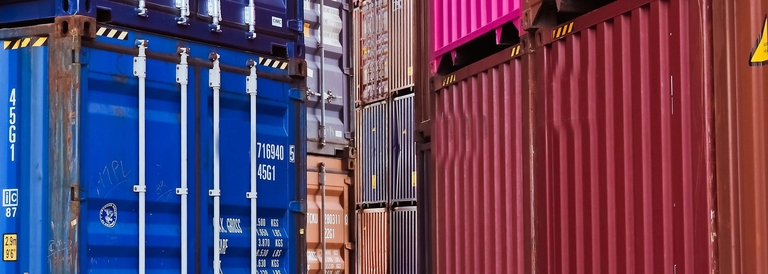Customs and export controls
Material Management
Customs and export controls
Overview for customs and export controls
A number of regulations need to be complied with for the import and export of goods, the cross-border transfer of knowledge and technology, and the provision of software. As a research facility that cooperates on a global scale, DESY is required to ensure compliance with statutory provisions for export control and customs as well as the proper implementation thereof. The academic freedom guaranteed by German basic law does not release suppliers from this obligation, as borders and restrictions may apply in certain cases.
The export of goods (e.g. devices, equipment, tools, specimens, samples, plans, drawings, etc.) and the provision of services (e.g. technical assistance) may be subject to certain restrictions (bans or permit requirements) under national, EU or U.S. (re-)export control law. Furthermore, sanctions have been imposed against certain nations or citizens of these nations, or against certain (named) persons and institutions.
Objectives of export controls
Export controls are intended to prevent the misuse of goods and research findings. Customs law is an instrument of foreign trade policy and aimed at generating state revenue and the protection of inland economic sectors and the environment. The key legal bases for export control are the Foreign Trade and Payments Act (AWG), the Foreign Trade and Payments Ordinance (AWV), the EC Dual-Use Regulation and the Union Customs Code (UCC).
